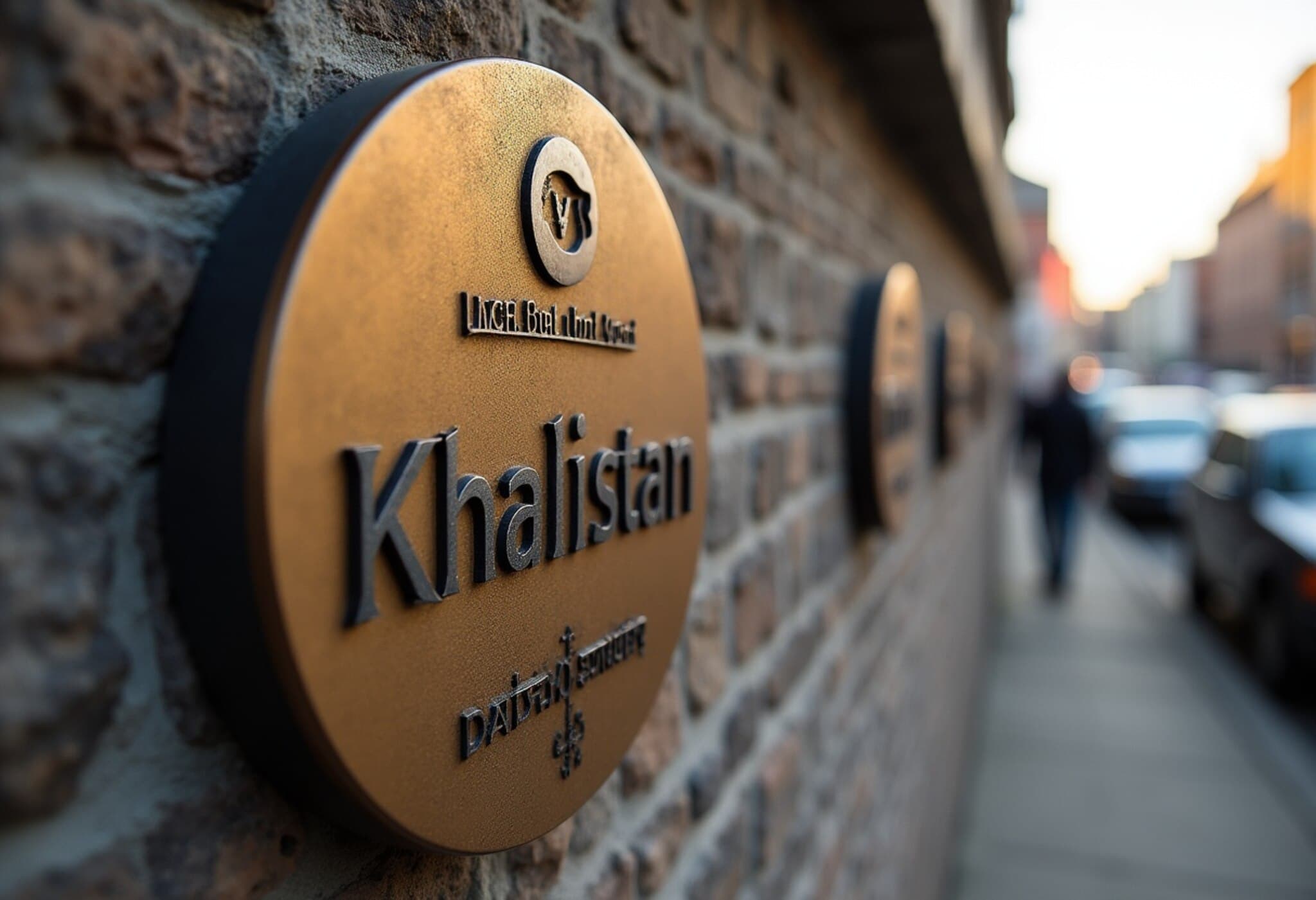Prince Harry Vindicated in Charity Bullying Allegations After Public Dispute
In a chapter marked by controversy and public disagreement, Britain’s Charity Commission has officially cleared Prince Harry of bullying, harassment, and sexism allegations at Sentebale, the charity he co-founded to support vulnerable youth in Southern Africa.
Background: A Rift That Made Headlines
The drama unfolded following the resignation of Prince Harry and Prince Seeiso of Lesotho from the Sentebale board in March 2025. Their departure was in solidarity with five trustees who resigned amid growing concerns over the leadership of Sophie Chandauka, the charity's chair, who publicly accused the princes and other trustees of serious misconduct including abuse of power, bullying, harassment, misogyny, and misogynoir — a term describing prejudice targeting Black women.
These heated allegations sparked a public relations storm and prompted the Charity Commission—the independent regulator for charities in England and Wales—to initiate a thorough investigation.
Charity Commission’s Findings: No Evidence of Systemic Bullying
The regulator’s report, released in August 2025, found no evidence to substantiate claims of pervasive bullying or harassment within Sentebale. The investigation also found no overreach of power by Prince Harry in his patron role, nor by Chandauka in her capacity as chair.
However, the report did highlight shortcomings in leadership clarity and governance structures at Sentebale, noting that poorly defined roles contributed to the internal clashes. It acknowledged that several parties felt strongly that they had been ill-treated, underscoring the emotional toll this dispute took on those involved.
Public Fallout and Leadership Challenges
This dispute’s visibility in the media, including televised interviews airing grievances, was criticized by the regulator. David Holdsworth, CEO of the Charity Commission, warned against allowing such conflicts to damage the charity’s reputation and emphasized the importance of focusing on Sentebale’s beneficiaries instead of internal power struggles.
- The Commission has mandated a regulatory action plan to improve complaints procedures.
- Clearer delegation frameworks and governance practices must be established.
- Efforts to secure sustainable funding are being prioritized for long-term stability.
The Commission will continue to monitor Sentebale's progress closely and remains open to reassessing if new issues arise.
Reactions from Key Stakeholders
Prince Harry’s office welcomed the report clearing him but expressed disappointment that it “fell troublingly short in many regards.” Their statement highlighted concerns that the consequences of the conflict—particularly health and well-being impacts—would be borne by the children Sentebale serves rather than by those responsible internally.
Meanwhile, former trustees who left the organization criticized the Commission’s report, accusing it of overlooking compelling evidence related to Chandauka's management style. They voiced serious concerns about the charity’s direction and sustainability under current leadership.
In response, Sophie Chandauka portrayed the investigation as a crucible that ultimately strengthened Sentebale, making it “more focused, better governed, boldly ambitious and with our dignity intact.”
Context and Significance: Why This Matters
Sentebale, founded in 2006 in memory of the mothers of Prince Harry and Prince Seeiso, has been a beacon of hope for communities profoundly affected by HIV/AIDS in Lesotho and Botswana. Beyond healthcare, the charity aims to tackle broader social issues like substance abuse and gender-based violence among youth.
The leadership conflict raises important questions about governance in high-profile charities where personal relationships, cultural tensions, and public scrutiny intersect. It also highlights the critical need for strong, transparent procedures to manage disputes internally without derailing the organization's mission.
Editor’s Note
This episode with Sentebale underscores the vital balance between leadership accountability and organizational focus in nonprofit institutions, especially those operating on the global stage with royal patronage. While Prince Harry’s exoneration on bullying charges brings clarity, the unresolved concerns about governance and trustee oversight merit ongoing attention. Ultimately, the beneficiaries—young people reliant on Sentebale’s support—must remain the center of all efforts.
The case provokes reflection on how charities handle internal disputes, the role of public narratives in shaping reputations, and the responsibilities of watchdog bodies to ensure organizational well-being without becoming embroiled in personal conflicts. As Sentebale moves forward, the path to rebuilding trust, governance, and stability will be closely watched by both supporters and critics.











